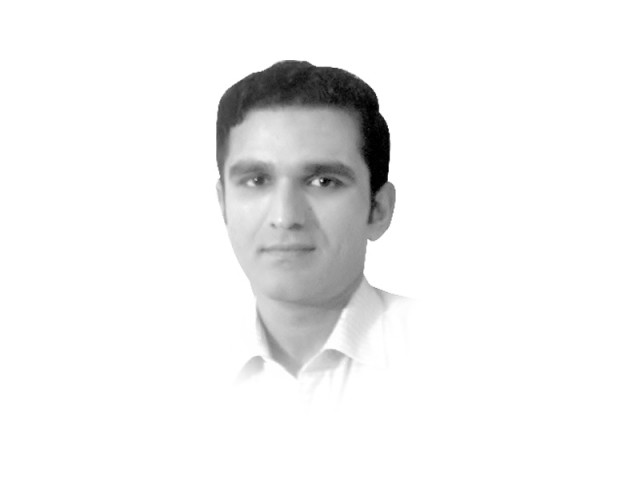Academia in Pakistan
A wholesale change of mindset and approach needs to happen before we are able to make a mark in the academic world.

I began this sojourn by attending the European Association of South Asian Studies annual conference in Lisbon, Portugal. For four days, this conference which is in its 22nd year gathered several hundred academics from Europe and elsewhere to talk about research on South Asia. This was my first experience of the conference and I was overwhelmed by the range and depth of research discussed on South Asia, nor did I know how well studied the subject was in the European continent! What was also obvious was that the vast majority of scholars were working on India. While the domination of India in South Asia is obvious, Pakistan did not even fare well comparative to its size, population and historical importance. Talking to a few scholars made it obvious that the complications in getting the necessary permissions at Pakistani archives was at times harder than in the case of India and the general insecurity of the country further deterred scholars from working there.
What was also clear, though never blatantly said, that the non-academic environment of Pakistani universities puts off a lot of scholars from academic visits and research collaborations. First, the grave lack of facilities for the social sciences and humanities still prevents the flowering of scholars in Pakistan. How can a person write a decent book on, say history, when there is no decent library in Pakistan where he/she can conduct secondary reading? From my own personal experience, I can say that I had to simply wait to come back to Oxford in the summer to be able to read the relevant secondary material and rewrite bits of the introduction for my forthcoming book. This work was simply not possible in Pakistan. This factor is reflected in the scholarship — if one can use that word — emanating from Pakistan. From my experience as editor at Oxford University Press, I can say that the general quality of manuscripts I received, even the PhD theses, was very low. A vast majority of them could not even articulate any new argument or how to properly analyse a primary source. A great number of them were simply rehashes of a few secondary and a handful of primary sources. Rejecting these manuscripts, especially since Oxford University Press tries very hard to promote scholarship in Pakistan, was a very hard task, but a majority of them were simply irredeemable. As far as I can judge, the unavailability of research facilities and the acceptability of marginally acceptable research has created a vicious cycle in Pakistani academia where mediocrity is the firm and thriving base. With this in mind, it is no shock that the largest library in Pakistan, the Punjab Public Library, which had over 300,000 books in 1947, can boast hardly half of that number now!
Writing from Oxford, with its vast library collection and facilitation of research, I am wondering if I, or anyone, could ever become a world class historian by only living and working in Pakistan. The obvious answer is, no. No wonder then when a friend of mine asked me about good historians in Pakistan, my answer contained hardly anyone resident in Pakistan. Reforming education, especially the higher education sector, is not an easy or quick task. The Higher Education Commission has done wonders in its decade of existence but a wholesale change of mindset and approach — which takes much longer — needs to happen before we are able to make a mark in the academic world.
Published in The Express Tribune, September 4th, 2012.















COMMENTS
Comments are moderated and generally will be posted if they are on-topic and not abusive.
For more information, please see our Comments FAQ